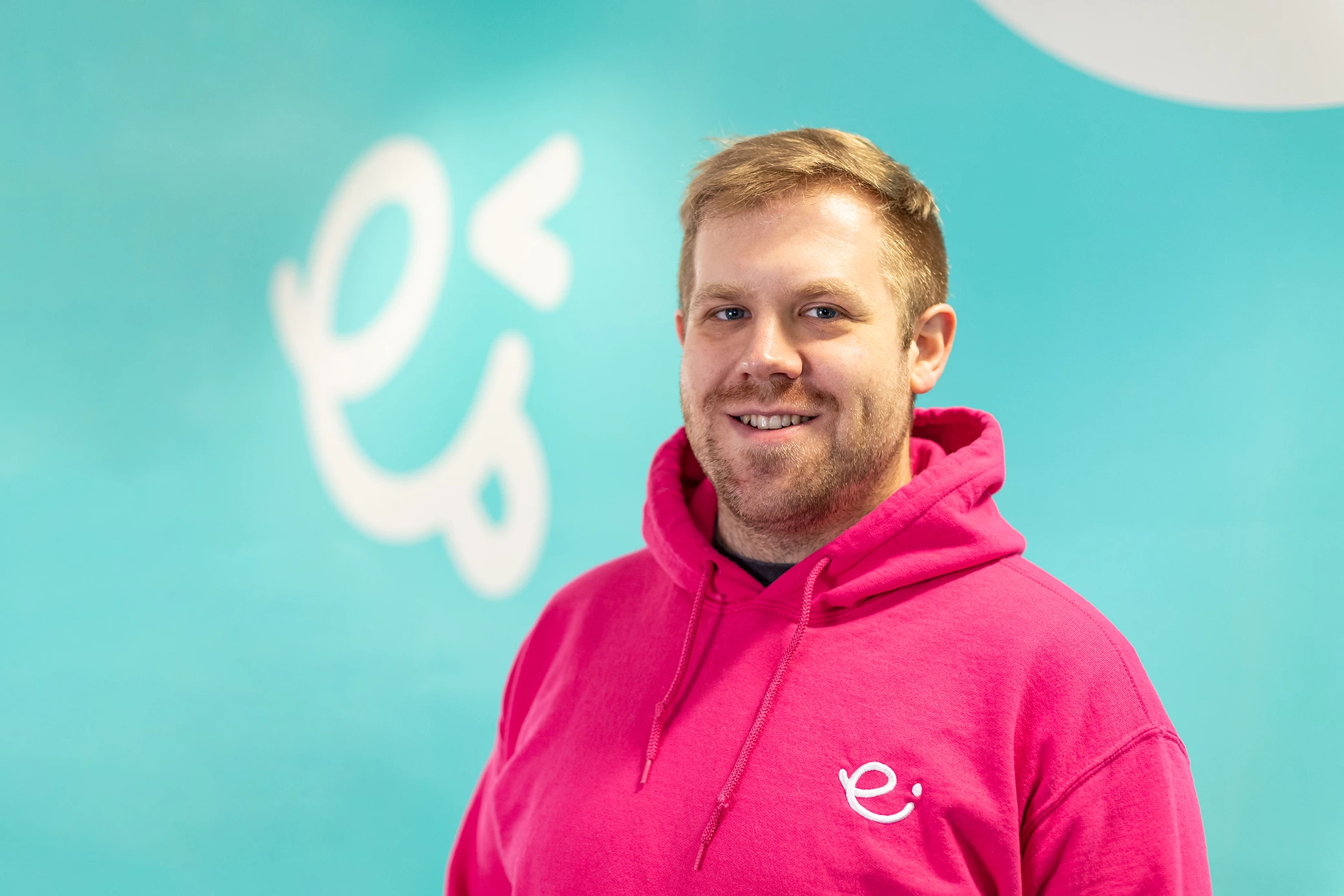
Partner Article
Everflow launches first free Business Water Efficiency certification scheme
Everflow, the UK’s first carbon neutral water supplier, has launched the nation’s first free Business Water Efficiency certification scheme to encourage businesses to save water and support Everflow’s Climate Pledge commitment to achieve net zero emissions before 2040.
The certification includes a wide range of benefits designed to help businesses reduce their water consumption and carbon emissions. Participating businesses will receive a report showing fully costed and personalised water efficiency recommendations, including calculations of how much water each business could save as well as the associated impact on water bills and carbon emissions. Findings have shown potential savings of between 30% and 70% for customers, offering businesses crucial financial support amid an ongoing cost-of-living crisis.
Successful applicants will receive an award depending on the extent of each business’s response to the scheme. This includes investing in monitoring water usage to detect leaks quickly, retrofitting water saving technology, and looking into alternative water sources and recycling, among other measures.
Upon achieving the award, certified customers will be showcased on Everflow’s website and their water saving achievements will be promoted on social media. Those achieving the most savings in their industry sector will win annual awards with associated PR and marketing opportunities.
Currently, the only industry alternative is Waterwise’s Water Efficiency Checkmark, available at a cost per site and exclusively for offices or ‘communities’. The independent, not-for-profit campaigning organisation has endorsed the launch of Everflow’s Business Water Efficiency certification scheme to encourage SMEs to engage with water efficiency and conservation.
Commenting on the scheme, Josh Gill, CEO of Everflow says:
“Our core company values mean we are always focused on ‘doing the right thing’, which includes helping our customers reduce their water usage. We’re thrilled to be able to launch a nationwide first scheme to support businesses in better understanding how it affects their utility bills and emissions.
“The scheme comes at a time when many businesses and their consumers are facing financial pressures. There is also a lack of awareness among the business community around water inefficiencies, especially among the under-served SMEs of the non-household market who often lack the resources of big businesses to improve their carbon footprint and regulate their water usage effectively.
“Through the Business Water Efficiency scheme, we are confident that we can address these industry issues, to deliver a more efficient, fairer and greener water market.”
Clare Galland, Environmental and Regulatory Affairs Manager, said: “We really feel we’ve maximised what we can do by installing hardware. We’re now experimenting in ways that help our employees make more sustainable choices when using water. And this doesn’t stop at the office door. We’re empowering our employees to save water, energy and money at home too by providing advice on how they can detect and fix leaks and use less water and energy.
“We’ve launched the accreditation scheme because we recognised that SME organisations – which make up a massive majority of businesses - have less time and money to dedicate towards optimising water efficiency than larger organisations. We wanted to make it easy and affordable to save water, energy, money and carbon. It’s a win-win in these tough times and will help stave off water shortages and protect the environment.”
Everflow has reduced its water usage at its head office to 28 litres per employee per day – nearly half the national average of 50 litres. This Water Saving Week, they aim to reduce that figure permanently to less than 25 litres.
The business uses loggers to monitor its daily consumption and detect leaks. Only last month, a logger detected a leaking dual flush mechanism on one of their toilets, which they fixed immediately saving hundreds of pounds on their water bill.
Other water efficiency measures include installing a urinal control system to limit flushes daily and reduce even further when offices are closed, flow reducers on washroom and kitchen taps, cistern fill delay devices on dual flush toilets, and trialling a new toilet that only uses 1.5 litres per flush rather than the average of 5-7 litres for a dual flush toilet.
This was posted in Bdaily's Members' News section by Lucie Hayes .
Enjoy the read? Get Bdaily delivered.
Sign up to receive our popular morning London email for free.








 £100,000 milestone drives forward STEM work
£100,000 milestone drives forward STEM work
 Restoring confidence for the economic road ahead
Restoring confidence for the economic road ahead
 Ready to scale? Buy-and-build offers opportunity
Ready to scale? Buy-and-build offers opportunity
 When will our regional economy grow?
When will our regional economy grow?
 Creating a thriving North East construction sector
Creating a thriving North East construction sector
 Why investors are still backing the North East
Why investors are still backing the North East
 Time to stop risking Britain’s family businesses
Time to stop risking Britain’s family businesses
 A year of growth, collaboration and impact
A year of growth, collaboration and impact
 2000 reasons for North East business positivity
2000 reasons for North East business positivity
 How to make your growth strategy deliver in 2026
How to make your growth strategy deliver in 2026
 Powering a new wave of regional screen indies
Powering a new wave of regional screen indies
 A new year and a new outlook for property scene
A new year and a new outlook for property scene